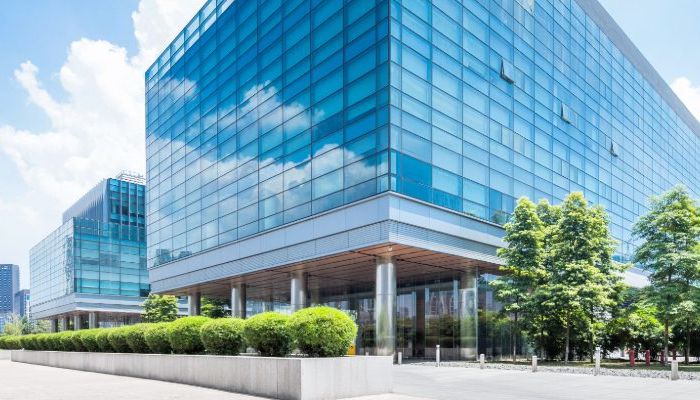During a recent webinar with IFMA, industry experts shared their insights on the next big trends in smart building technology. Watch our on-demand webcast: “Looking Ahead – Leveraging Facility Data for Smart Building Success in the New Year”. With 2025 just around the corner, there’s no better time to discuss the innovations that are poised to transform the built environment. Let’s dive into the cutting-edge advancements organizations should be aware of in the coming year.
1. Generative AI: Building the Foundation for Smarter, More Efficient Buildings
A few years ago, generative AI was a buzzword that captured the imagination of tech enthusiasts. Fast forward to 2025, and we’re seeing this technology become integral to smart building solutions. The next evolution in AI is the rise of AI agents—autonomous systems capable of performing tasks independently, tailored to the specific needs of the user.
AI agents are not just a futuristic concept; they are real, functional tools that can optimize operations, improve energy efficiency, and streamline building management. These agents can be integrated into building systems to manage everything from HVAC controls to security protocols, ensuring buildings run smoothly while responding to the unique needs of tenants and occupants.
What’s exciting is that organizations are focusing on business impact—AI for the sake of solving real problems, not just for technology’s sake. These innovations won’t be about implementing the latest tech trends for show but will be designed to solve tangible challenges faced by building managers and occupants alike.
2. Autonomous Building Controls: Unlocking New Operational Insights with AI
AI is also helping to solve complex building issues in ways we never imagined before. According to the experts on Workplace Trends, 2025 will be the year when AI shifts from being a novelty to a problem-solving powerhouse. Building management systems will become smarter, more intuitive, and proactive in responding to facility needs. We can expect to see the first success stories of autonomous building controls, where AI will uncover insights previously hidden within a building’s operations.
Imagine a system that not only detects maintenance issues before they become problems but also predicts and adjusts environmental conditions in real time based on occupancy patterns. Autonomous controls could even optimize energy usage, reduce waste, and enhance the overall experience for building occupants.
3. Continuous Optimization: An Ongoing Journey for Smart Building Management
One key theme that emerged throughout the webinar was the idea that optimization is not a one-time fix but an ongoing process. As technology evolves, so too must the way we approach building management. The experts emphasized that the journey of improving building operations will continue to evolve, and organizations will need to stay ahead of the curve to maximize the potential of their facilities.
This is a reminder that the adoption of smart building technologies isn’t a “set it and forget it” process. It’s about continuous refinement and making small, iterative improvements that add up to a big impact over time.
Continuing the Conversation: Future Directions in AI-Driven Building Management
As we look ahead to the future of building management, it’s clear that technology, especially AI, will play a pivotal role in transforming how we design, operate, and optimize spaces. However, this is just the beginning. The conversation around AI in buildings is far from over, and there’s still much to explore. The tools are now at our fingertips to create buildings that are not only more efficient but also smarter, safer, and more comfortable for those who occupy them. The next few years promise to be exciting times as we move closer to realizing the full potential of these innovations. Watch our on-demand webcast, hosted by IFMA: “Looking Ahead – Leveraging Facility Data for Smart Building Success in the New Year” to learn more.










